Huntsville:
HH Medical Mall
1963 Memorial Parkway, Suite 12
Huntsville, AL 35801
(256) 265-7101
Hours of Service:
Monday – Friday, 7 a.m. - 5:30 p.m.
Directions
Madison:
Madison Medical 1 Building (on the campus of Madison Hospital)
1041 Balch Road, Suite 160
Madison, AL 35758
(256) 817-5599
Hours of Service:
Monday – Friday, 8 a.m. - 5:30 p.m.
Directions
The Parkinson's Care Clinic provides comprehensive care for individuals diagnosed with Parkinson’s Disease. This program focuses on the individual patient needs through continual reassessment, treatment and support across the lifespan of the disease. A physician referral is required prior to or after the initial visit for therapy services. Coordination of services will be arranged after the initial visit. The clinic is located inside the Huntsville Hospital Medical Mall.
Patients will have access to specialized services including:
- Evaluation and Needs Assessment
- Fitness Assessment
- Health Screenings
- Nutritional Consultation
- Evaluation and Treatment:
- Physical Therapy
- Aquatic Therapy
- Occupational Therapy
- Speech Therapy
- Care Navigation
A generous grant from the Parkinson's Foundation through Huntsville Hospital Foundation helps provide SPEAK OUT! services and LOUD Crowd classes, and both Local and Mobile Interdisciplinary Clinics for Huntsville and our surrounding communities. The SPEAK OUT! program was developed at the Parkinson Voice Project. To learn more about the program, please click here.

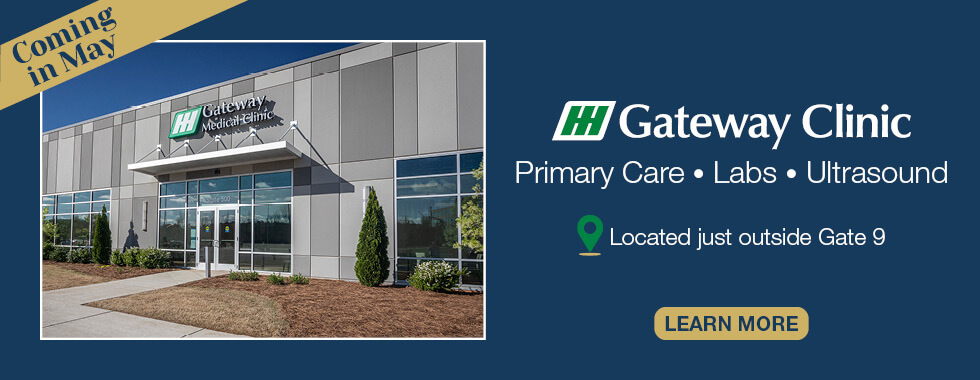
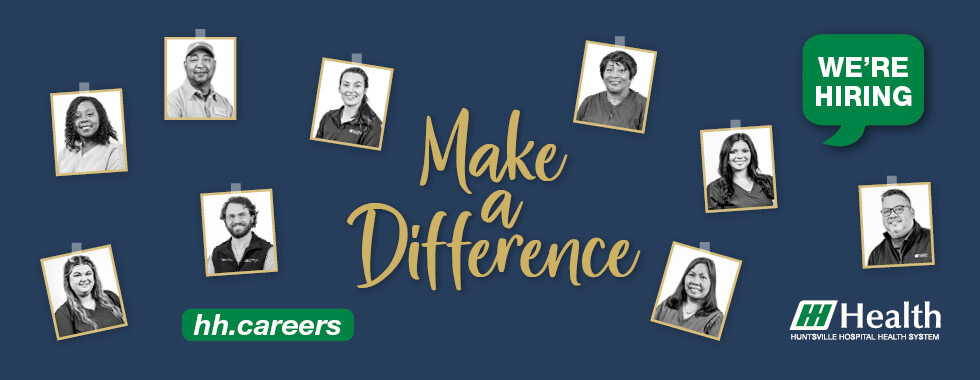


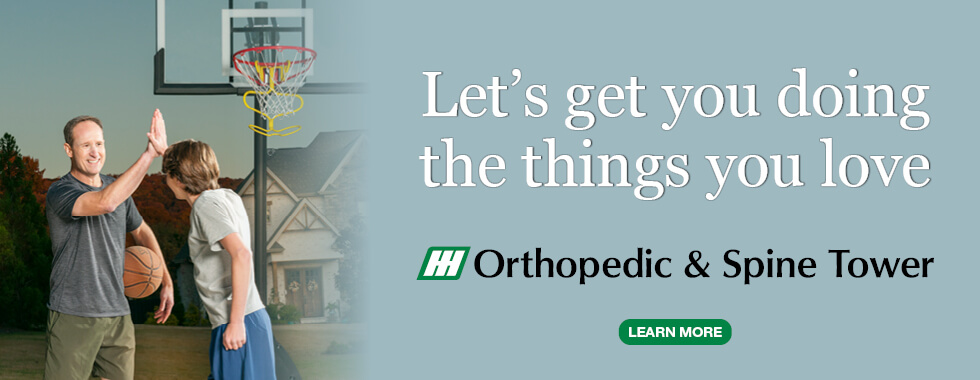



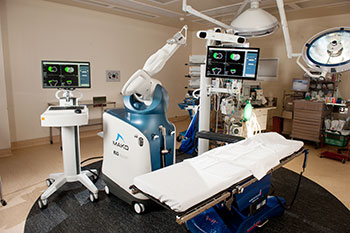 The system offers different advantages for knee and hip replacement patients. As an alternative to total knee replacement, Partial Knee Resurfacing is designed to relieve pain caused by joint degeneration due to osteoarthritis. The robotic arm gives the surgeon the ability to target a specific compartment of the knee while sparing the healthy bone and ligaments surrounding it. Since healthy bone is preserved with the partial replacement, a patient who undergoes this procedure may be a future candidate for a total knee replacement procedure. MAKOplasty® Total Hip Arthroplasty is another option for a total hip replacement procedure designed for patients who suffer from non-inflammatory or inflammatory degenerative joint disease. MAKOplasty® Hip assists surgeons in achieving accurate alignment and positioning of implants, restore patient confidence in their mobility, and help them return to an active lifestyle.
The system offers different advantages for knee and hip replacement patients. As an alternative to total knee replacement, Partial Knee Resurfacing is designed to relieve pain caused by joint degeneration due to osteoarthritis. The robotic arm gives the surgeon the ability to target a specific compartment of the knee while sparing the healthy bone and ligaments surrounding it. Since healthy bone is preserved with the partial replacement, a patient who undergoes this procedure may be a future candidate for a total knee replacement procedure. MAKOplasty® Total Hip Arthroplasty is another option for a total hip replacement procedure designed for patients who suffer from non-inflammatory or inflammatory degenerative joint disease. MAKOplasty® Hip assists surgeons in achieving accurate alignment and positioning of implants, restore patient confidence in their mobility, and help them return to an active lifestyle.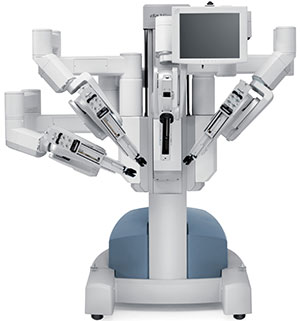 The da Vinci robot is one of the most advanced surgical technologies in health care and can be used by physicians across many specialties. The unique design of the robot combines endoscopic surgery, high-definition microscopic viewing and a 540-degree rotation of surgical instruments.
The da Vinci robot is one of the most advanced surgical technologies in health care and can be used by physicians across many specialties. The unique design of the robot combines endoscopic surgery, high-definition microscopic viewing and a 540-degree rotation of surgical instruments.
